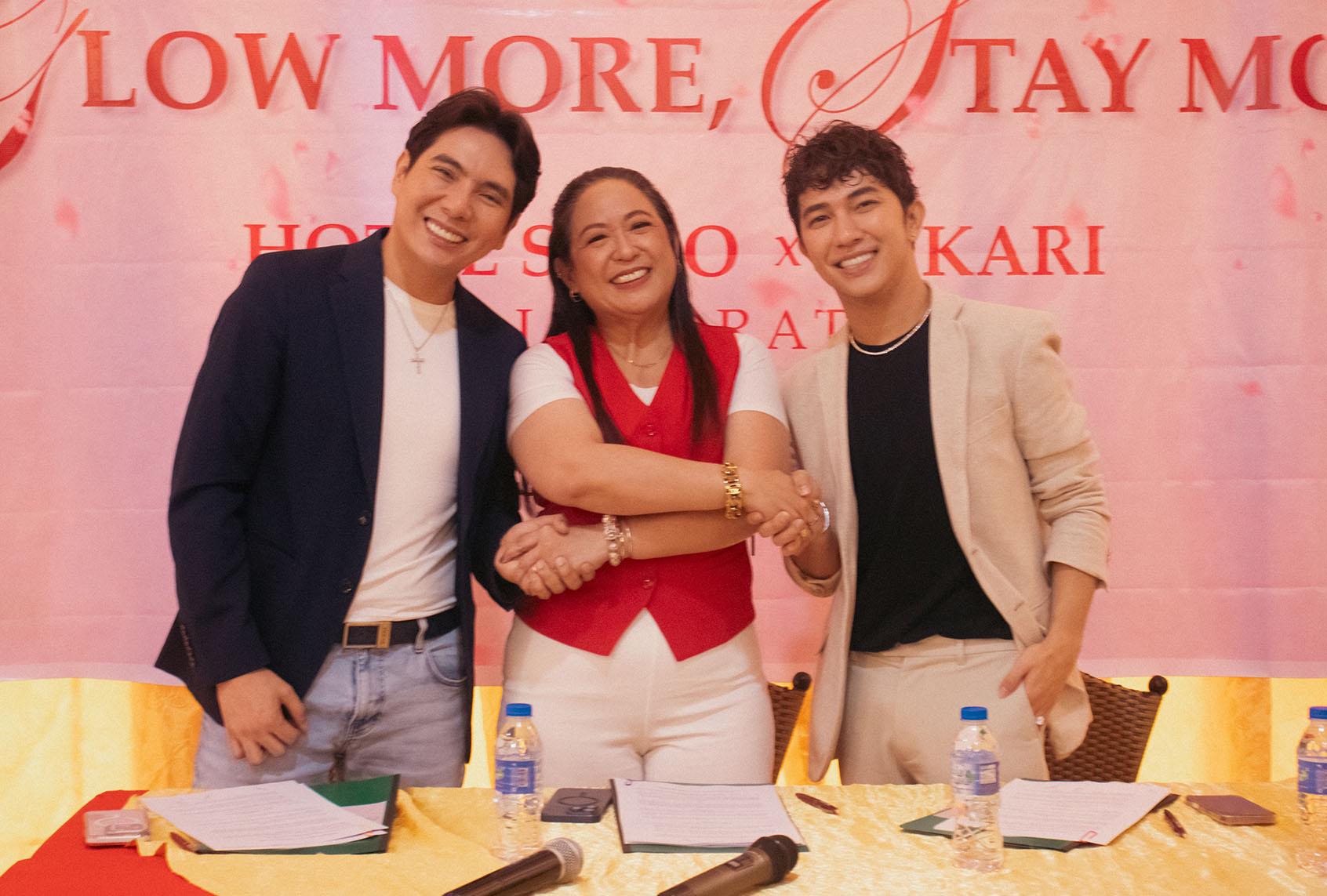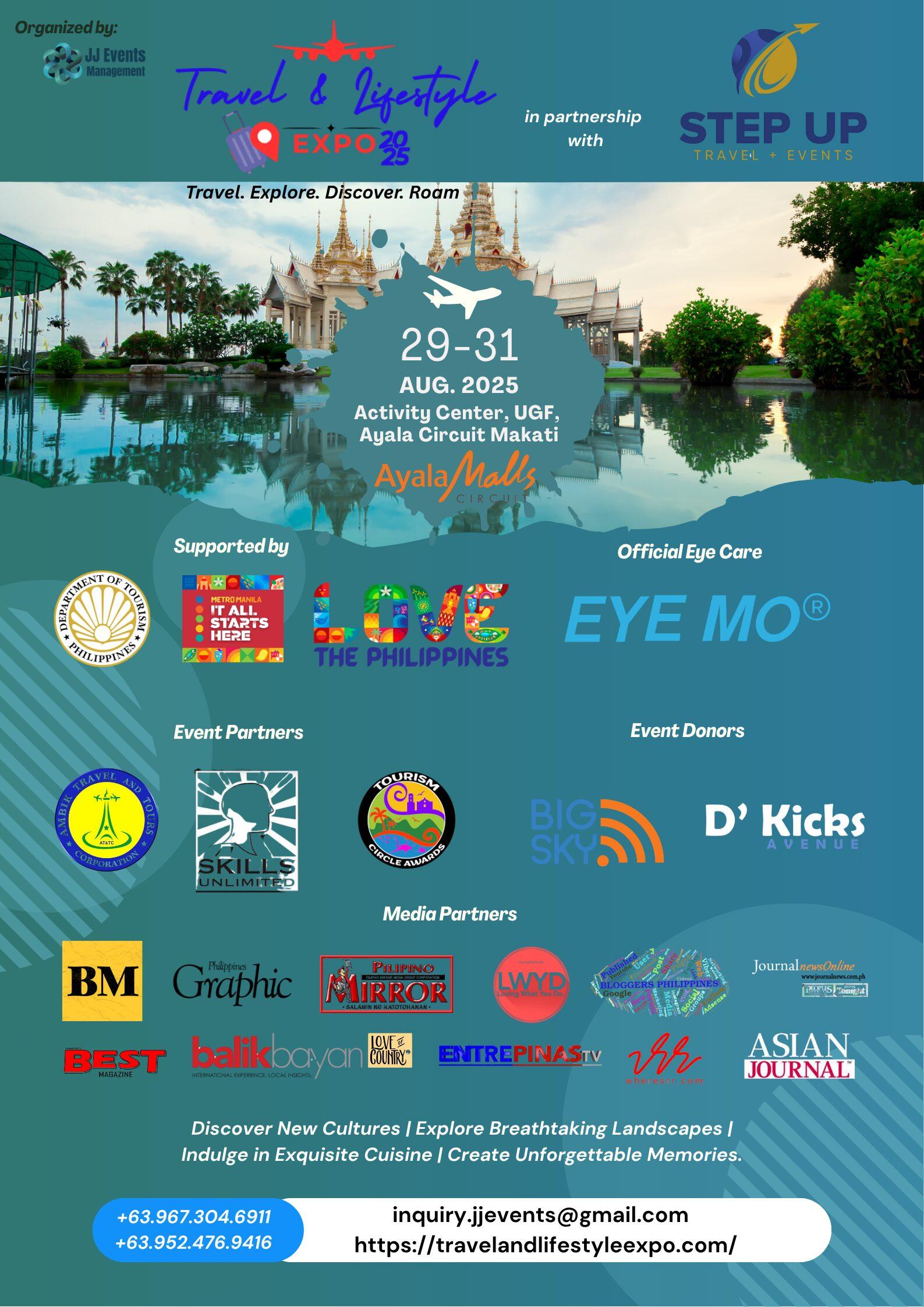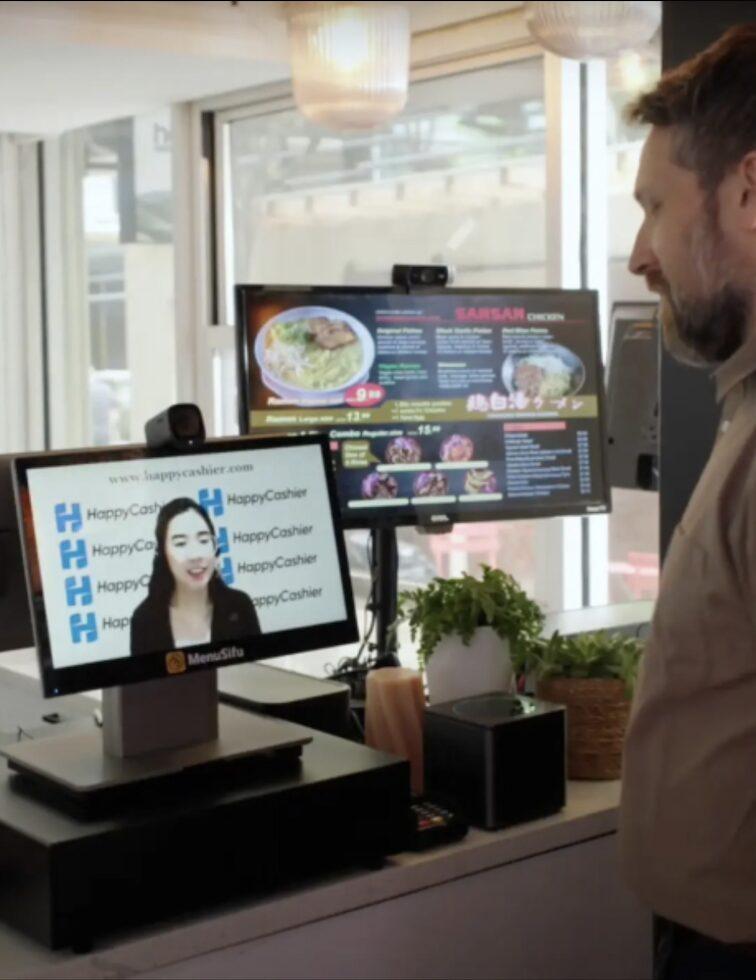Seeking to tap into the expanding global remote workforce, President Ferdinand “Bongbong” Marcos Jr. has signed Executive Order No. 86, officially authorizing the creation of a Digital Nomad Visa (DNV) for the Philippines.
Signed on April 24, 2025, the order aims to attract foreign remote workers, boost tourism, and stimulate the country’s growing digital economy.
Under the new policy, qualified foreign nationals will be allowed to live in the Philippines while working remotely for employers or clients based overseas, without needing local employment.
What the Digital Nomad Visa Offers
The Digital Nomad Visa grants eligible foreigners the right to stay in the Philippines for up to one year, with the option to extend for another year. Visa holders will also enjoy multiple-entry privileges during their stay.
The initiative positions the Philippines as a competitive destination for remote professionals seeking a balance of productivity and tropical living.
Who Is Eligible?
- To apply for the visa, applicants must meet several criteria:
- Be at least 18 years old;
- Prove remote work engagement using digital technology;
- Show stable income derived from outside the Philippines;
- Present a clean criminal record;
- Hold valid health insurance for the intended stay;
- Be a citizen of a country that offers reciprocal digital nomad programs to Filipinos and hosts a Philippine Foreign Service Post;
- Not be employed locally within the Philippines;
- Pose no threat to Philippine security.
- Applicants from countries without a Philippine consular post may apply through the nearest jurisdiction that hosts one.
Government Agencies at Work
The Department of Foreign Affairs (DFA) will lead the implementation of the program by issuing the visas and maintaining a secure database of visa holders, in compliance with the Data Privacy Act of 2012.
The DFA will coordinate with the Department of Justice, Department of Tourism, Bureau of Immigration, and Bureau of Internal Revenue to issue comprehensive guidelines within 30 days of the executive order’s effectivity.
Boosting the Digital Economy and Tourism
Officials anticipate that the new visa program will draw a new wave of long-term visitors—professionals who will live, spend, and work remotely from Philippine cities, towns, and island communities.
The Philippines’ relatively low cost of living, English-speaking population, reliable internet infrastructure in key areas, and abundant tourist attractions make it an attractive option for the digital nomad lifestyle.
In 2023, the World Economic Forum ranked the Philippines as the 7th fastest-growing destination for remote work worldwide.
Through this new program, the government hopes to create economic opportunities, support local businesses, and position the Philippines as a leading hub for remote professionals in Asia.
Redefining Borders in a Digital World
Executive Order No. 86 reflects the Philippines’ commitment to embracing the evolving dynamics of work and travel. By opening its doors to digital nomads, the country is not only expanding its tourism strategy but also carving out a space in the global digital economy. As the boundaries between work, travel, and technology continue to blur, the Philippines is poised to welcome a new generation of global citizens—one remote login at a time.
For more information and updates on the Digital Nomad Visa program, visit pco.gov.ph.






